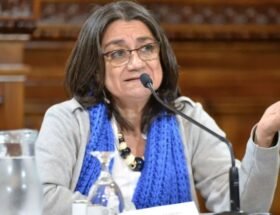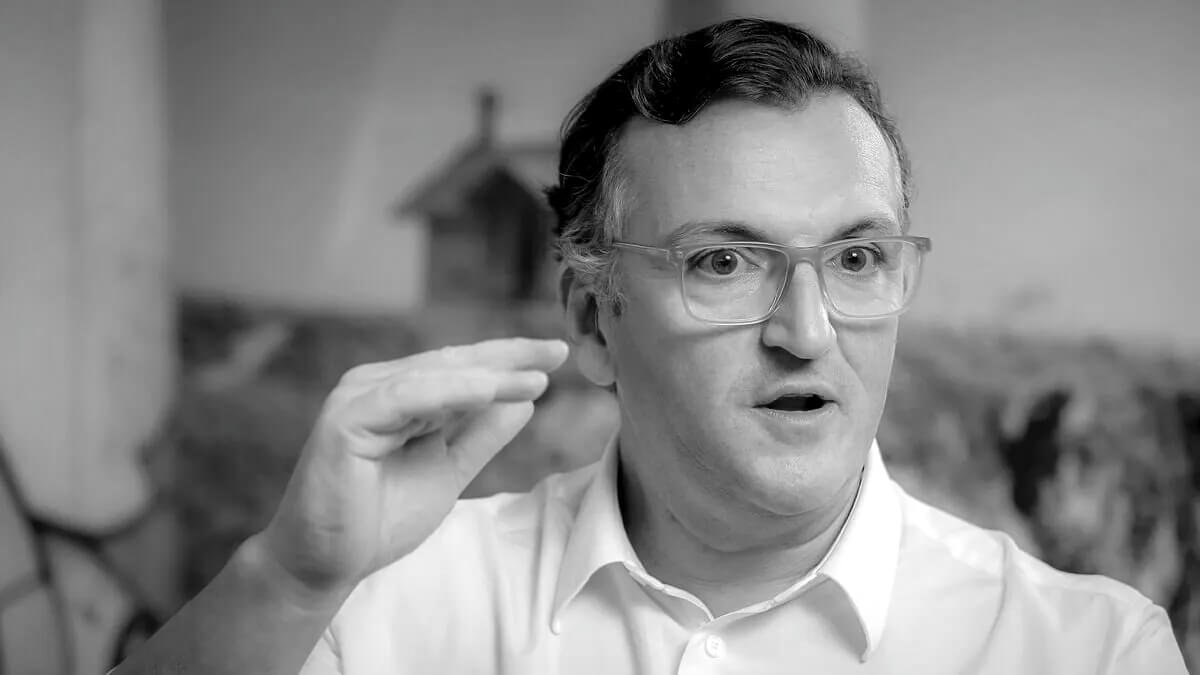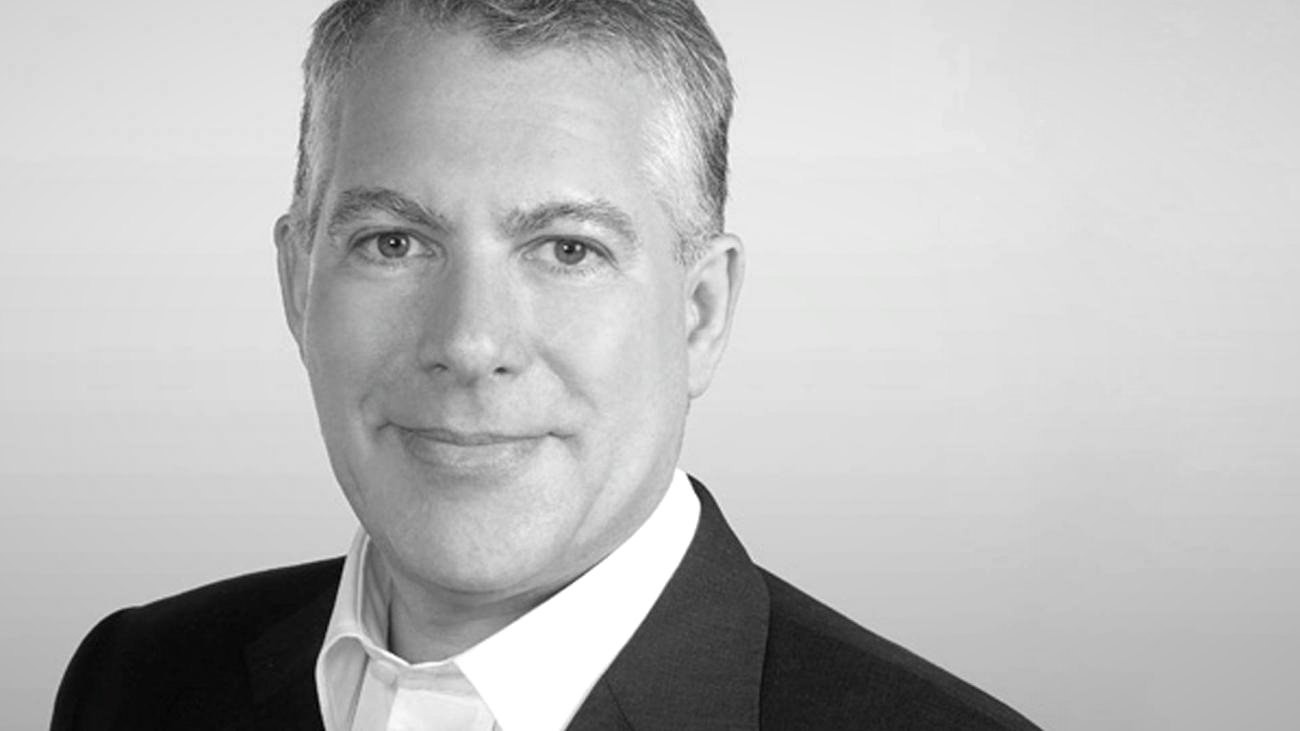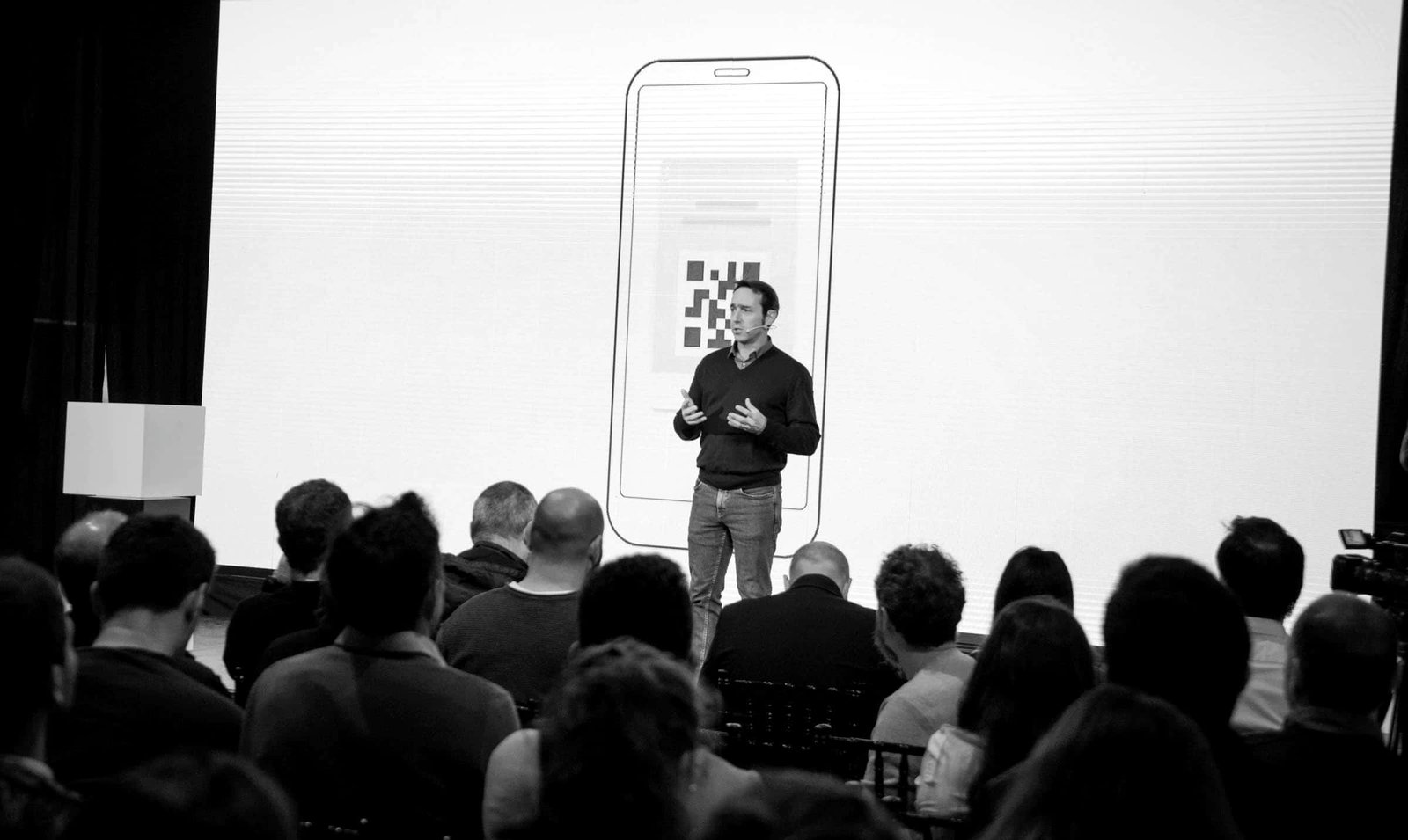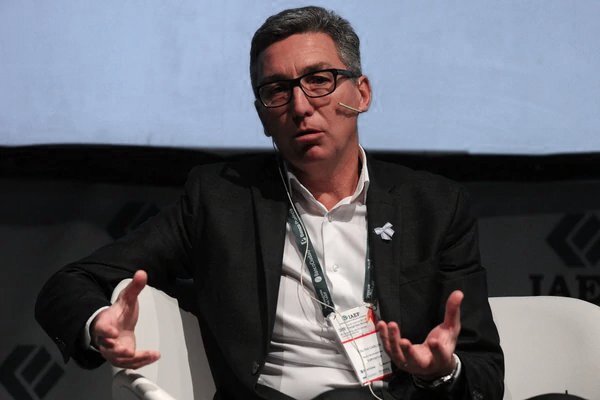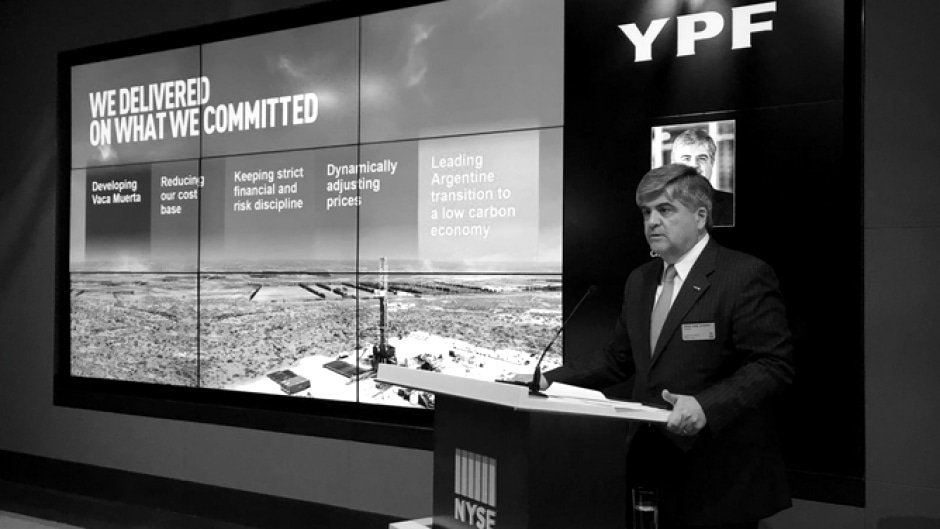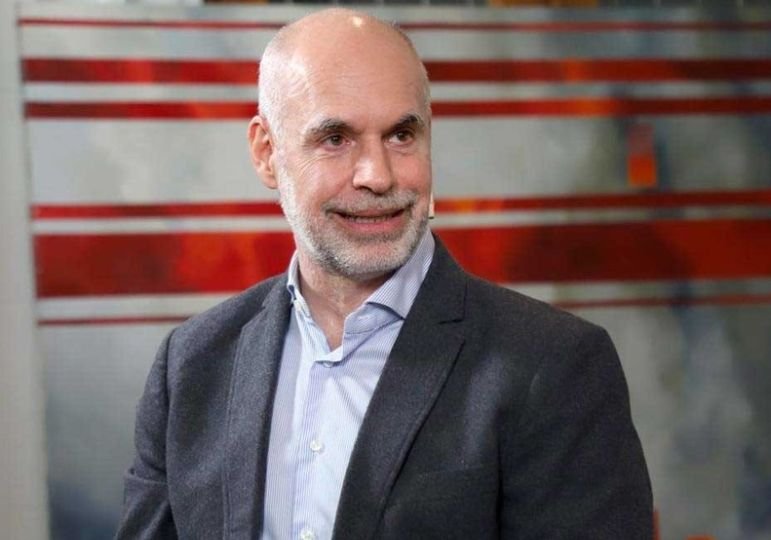
Horacio Rodríguez Larreta

Horacio Rodríguez Larreta is an economist, UBA graduate with an MBA from Harvard, and a key figure in transforming public management in Buenos Aires. With a technical and business-oriented vision, he led the city for eight years, implementing policies grounded in planning, data and efficiency.
Education and early steps in public service
Horacio Rodríguez Larreta was born into a family with business and political ties. He earned a degree in Economics from the University of Buenos Aires with honors and later completed an MBA at Harvard. His first positions in public service came in the 1990s, leading roles in ANSES and in the ministries of Social Development and Labor. From the beginning, he approached management with technical tools and a results-oriented vision more typical of the private sector.
Technical profile and metrics-driven management
In 2007 he became Chief of Cabinet for the Buenos Aires City Government under Mauricio Macri. For eight years he led technical teams, established a goal-based management model, and introduced structures inspired by corporate administration. He was key in building integrated urban policies, applying control mechanisms and mid-term planning, shifting the political culture toward measurable performance and professional execution.
Strategic vision as mayor of the city
Elected mayor in 2015, he placed his technical approach at the forefront. He expanded Metrobus lines, boosted the public bike system, and digitalized over 80% of procedures. He promoted open data policies and slum urbanization projects, most notably in Barrio 31. These efforts integrated underserved areas by providing infrastructure, schools, healthcare, and housing solutions with a long-term urban development outlook.
Education, healthcare and post-pandemic governance
Rodríguez Larreta prioritized education by opening new schools, promoting bilingual programs, connectivity, and launching projects like “Secondary School of the Future.” He expanded healthcare access through the AMBA network and improved primary care. During the pandemic, his administration led a tech-based tracking and testing strategy with support from universities and labs, relying heavily on data analysis to guide public decisions.
Leadership style and business logic
His leadership is marked by team continuity, low turnover, and the inclusion of nonpartisan technical experts. He introduced dashboards, progress reports, and regular evaluations—practices inherited from corporate management. These systems helped implement changes in infrastructure, mobility, and green spaces with a citizen-focused perspective. His team treated residents as “users” of services, aiming to optimize their experience within the city.
Presidential race and national presence
In 2023 he ran as a presidential pre-candidate for Juntos por el Cambio. His campaign emphasized predictability, political dialogue, and long-term reform. Though he lost the primary, his candidacy strengthened the opposition’s technocratic approach, offering proposals rooted in data and federal planning. He continues contributing to policy debates, pushing for moderate, agreement-based solutions and leveraging his background in governance.
Influence on the model of public management
Rodríguez Larreta helped shape a management style based on planning, data, and teamwork. His legacy in Buenos Aires goes beyond infrastructure; it includes the transformation of government itself into a results-driven, professionally managed body. His trajectory shows how political leadership can adopt business tools without losing social commitment, helping build sustainable solutions to urban challenges through organized execution.

